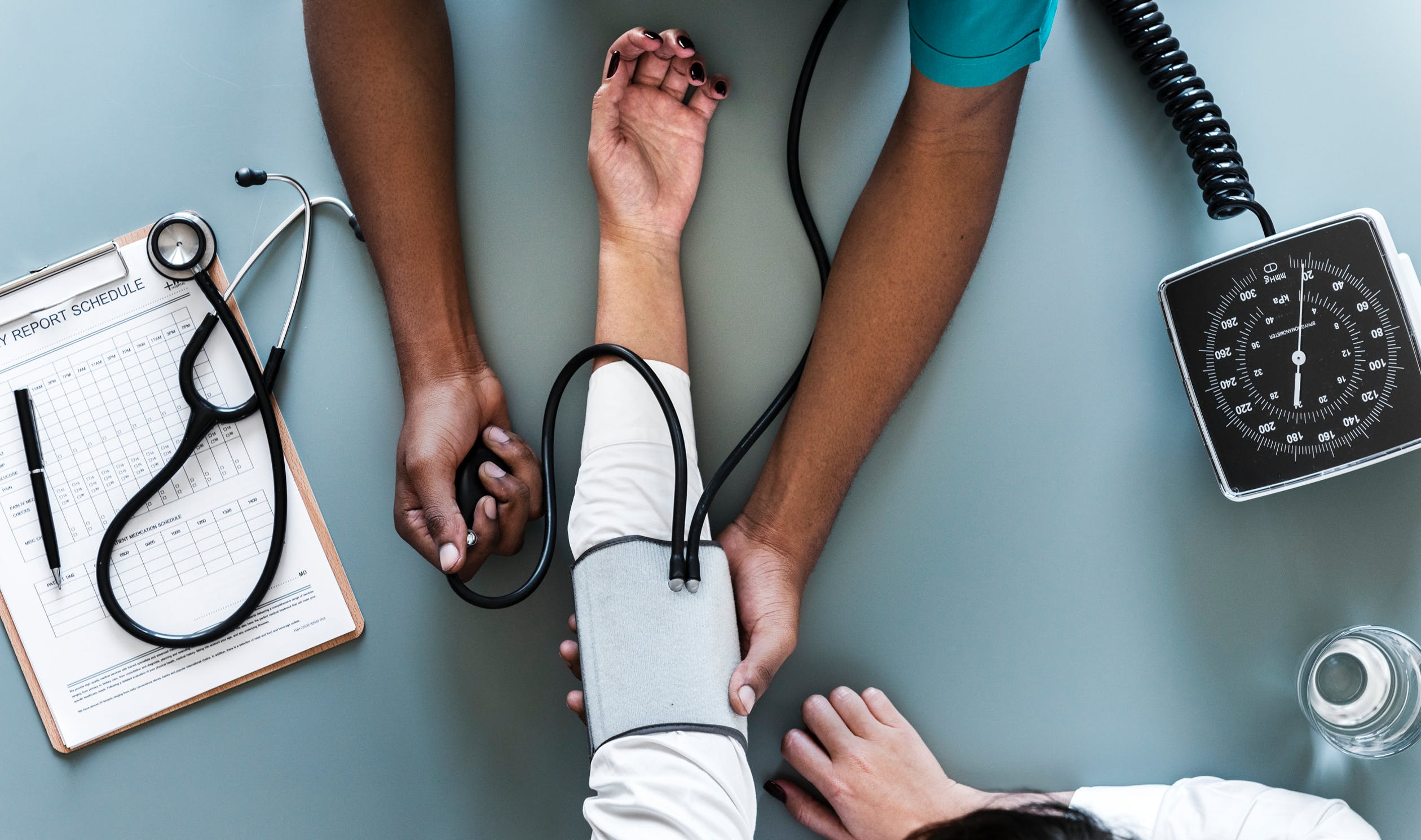What Should Routine Health Checkups Include?
Visiting a doctor once in a while for a physical examination is essential. However, in the routine, there are no absolutes. A great doctor may be brief or thoroughly engaging, spending the time to listen to your concerns and giving counseling for your specific needs. Wondering where to get a qualified doctor to take care of you.
Medical check-up comprises of a list of tests compulsory to be undergone every year. A clinical trial may not be as beneficial or exhaustive as it may be presumed. The tests too may not be cost effective and may be a source of anxiety! The critical bit is the time spent with your physician as they better determine the susceptibility to a given disease or just for a necessary test.
You have to invest time and money. It is an involving exercise but a necessary and beneficial one. However, it is worth noting that no single package will offer an overall solution. The risk factors usually put into consideration in a medical checkup; they include family history, for example having close relative suffering from diseases like cancer, lifestyle aspect. And if you need a dental check-up, call the Dentist in Ballwin.
A routine health check-up may consist of the following:
Analyses the Need for the Clinical Trial
The tests carried out depending on some top factors ranging from the age, risk factors, health, gender, and the age. A history of a relative with cancer could be a risk factor. Lifestyle aspects such as smoking is as well a factor, taking a cholesterol screening, for instance, is necessary for a family that has a history of coronary diseases. In discussion with your physician, you decide what to test.
Weighing the Quality and the Quantity
Check on beneficial tests, although it may be difficult to rule out what is essential for you since different examination reveal different issues. However, it is necessary if the following appears in your list of tests:
Complete blood count, it is a clinical trial for infections such as anemia and other blood abnormalities.
Sugar level; it checks for diabetes and its predisposing factors. Lipid level; Checks on the status of the blood vessels and screens against heart disease and diabetes. Urinary analysis; it tests for diabetes and other urine infections. The body mass index—it is used to assess the risk of heart-related diseases, breathing problems, diabetes, and high blood pressure.
Special Examination Includes:
Prostate specific antigen; it screens for cancer of the prostate. It is highly useful for those above the age of fifty years. Though if you consider yourself under high risk, you can start it at forty-five years.
Thyroid stimulating hormone; it is meant to assess the thyroid function. It monitors high or lower production of the hormone. You should get your thyroid testing done frequently.
Vitamin D3 and B12 mostly for vegetarians since the diet may not contain enough minerals so the levels may need to check.
Identifying a Right Pathologist
The choice of a reliable pathology laboratory is overwhelming especially with the mushrooming numbers lately. Get one that is well reputed and run by a qualified physician. Using the latest technology is critical as well. Xpertdox can play a significant role in finding such latest and reliable diagnostic center. For instance, taking a blood sample should always be done using a sterilized disposable needle and syringes.
Just take care of your health. Undoubtedly it will also take care of you. For a healthy lifestyle, a clinical trial once in a year is necessary. Just look for a qualified doctor who will guide you through for professional tests. A comprehensive diagnosis maybe all you need to invest on for a better stay.
Taking Necessary Tests Only
In some diagnostic centers, you find them carrying out scans such as X-rays which involve radiations. The rays may pose health hazards; they should be avoided at all cost unless under a critical circumstance that requires imaging. Most scans are likely to offer no benefit.
You might only spend money on them while posing a risk on yourself. For instance, for an asymptomatic patient, the X-rays should be avoided since the radiations pose a danger.
Other unnecessary tests may include target groups like women subjected to pap and mammography, clinical trials are meant for a specific age group. A reputable diagnostic institution like the xpertdox website can help you too regarding necessary tests. It is the responsibility of the hospital to ensure you are not subject to any radiations for no justified reasons.
Additionally, any of the tests ought to be carried out based on the international guidelines that are determined by the available information.
General Appearance and Physical Examination
Your doctor can gather a lot of information about you by just watching and listening to you. He can assess your mental state.
Carrying out a heart exam, through the use of a stethoscope, the doctor can tell about an irregular heartbeat, heart murmur, and any heart-related illness.
Lung exam; the doctor uses a stethoscope listens to wheezes, decreased breath sounds, and crackles. It gives him a hint of any lung disease.
Skin exam, findings on the nail and skin could indicate a problem elsewhere in the body.
Exam on the abdomen. The doctor can use a wide range of techniques such as tapping your belly to detect the presence of the abdominal fluid and also detect the liver size.
Final Line
Prevention is better than cure, through the clinical trials, the symptoms are detected. It also helps to protect you from the physical pain you would have experienced if you got a severe disease. I noticed in advance; most diseases are treatable; others can be prevented.
You become more energetic and functional when your overall health is maintained. Healthcare is expensive. It is more affordable investing in prevention other than waiting to incur a lot on a later date. It’s only prudent spending putting in place preventive measures instead of spending huge sums treating an illness.
However, most of the diagnostic centers fail in various aspects. First, no standard guideline or regulation is governing the clinical trial centers. Additionally, most of the tests carried out may not be in any way related to better service.
The health screening programs need to be regulated by guidelines set nationally stating how the test should be carried out, the target population and indicating the frequency of the inspections. Most of the tests are carried out randomly, and this beats the rationale of the screening.


